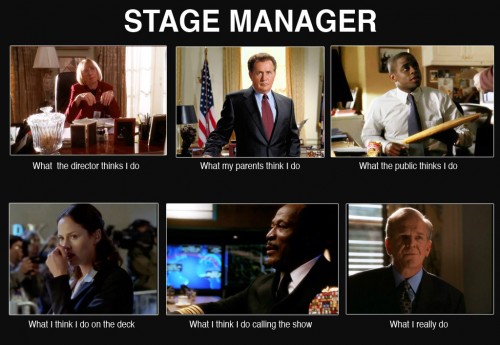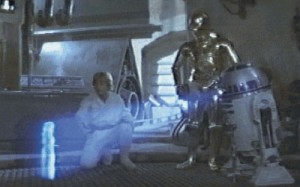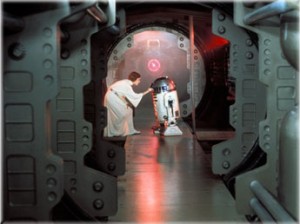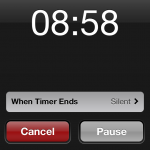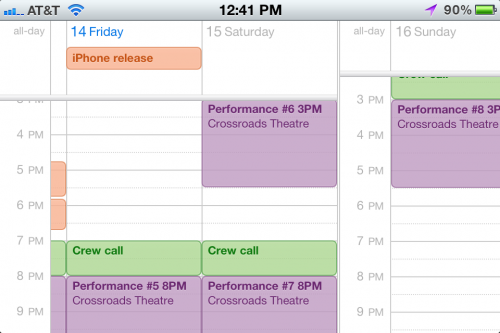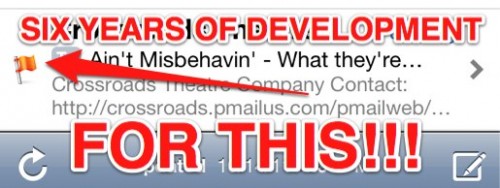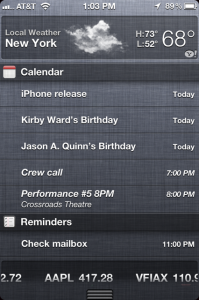It is April 23rd, and as promised, I have returned to tell you what ended up happening with the rehearsal schedule for Marry Harry. In this post, I described a little of our first production meeting, and the fact that we were planning to do straight 5-hour rehearsals, which made me really happy. To which I said:
Pro tip: if your rehearsal schedule looks too easy, that’s usually because it is, and while you may be the only person to think that in pre-production, and the producer may say, “nope, this is really it — we’ve booked the studio time,” the director will realize it eventually in the middle of rehearsal and that booking will be changed. Let me tell ye: we shall see.
I promised to return once we were in tech, to answer whether as predicted, we ended up extending the rehearsal day. Let me tell ye, we did not. Nor did we deviate from our 11:30-4:30 schedule, once it was decided on during the pre-pro week. As I said, I was very happy to be proven wrong, and to stick to a nice predictable schedule.
I should also mention, lest you think straight fives are a cakewalk, that Brian and I have gone home totally exhausted every day, much to our amazement. As is typical in our profession, five or ten-minute breaks usually contain somewhere between zero and two minutes of actual not-having-to-work, and it’s hard doing that for five hours straight without a meal break to rest, eat, and catch up on paperwork or prop maintenance so that you’re not rushing to keep up in rehearsal. That being said, it was awesome and well worth it to get up long after sunrise, and get home long before sunset every day.
Honestly, once we got down to the last couple days, I almost wished we had done one or two long days, only because five hours is not long when you have a show in development and the writers come in with new material which needs to be rehearsed, scenes and musical numbers need polish, and then you want to get through a run. Once you’re running the show, the benefit of working for a longer period of time at a stretch becomes more important. However, this being a fairly easy contract, we were limited to six-out-of-seven hour days, in which you gain an extra hour of rehearsal, but sacrifice the loss of focus that comes with breaking for lunch. So it’s really not much overall gain over the straight five.
In addition to our awesome schedule, things have been going really well. I haven’t been saying much, but I have a backlog of some things I’ve been saving to talk about, especially how my iPad has been faring in its first production.


